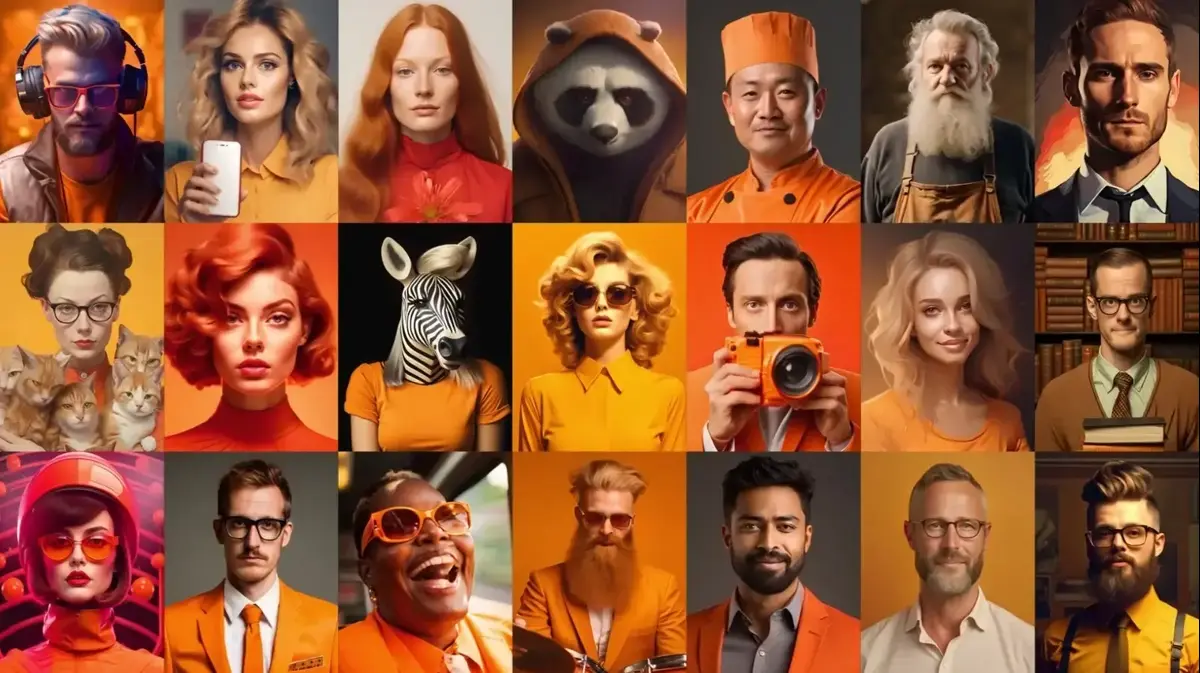Put the concepts in order.
(Photo: Ido Shaham Editing: Defi Mkel)
A recent survey conducted by the AI21Labs company among students in Israel revealed that over half of them avoid reading articles in English during their first degree and perform writing tasks in English only to a small extent.
A parallel survey conducted among workers in the economy showed that a quarter of them give up applying for jobs that require the use of English at a high level.
The data is disturbing, especially against the background of the digital solutions offered by the field of artificial intelligence around the use of the English language.
A wide variety of applications and auxiliary software in this technology are currently available to companies and organizations and help them improve the level of writing and reading in English of their employees - and for students to easily meet the academic requirements of reading and writing in English.
Despite the proposed solutions, the use of artificial intelligence in the field of language still raises concerns among many, at the center of which is the fear of degenerating creativity and making the human brain redundant.
But a thorough understanding of the use of the platform reveals that this is a false fear.
The history of artificial intelligence
Artificial intelligence is nothing new.
Its buds began already 25 years ago with "Deep Blue", the chess computer developed by IBM and was the first to beat reigning world champion Garry Kasparov in 1997.
In the past decade, there has been enormous progress in the use of artificial intelligence in the field of graphics and shape recognition.
A computer fed with millions of pictures of cats was able to learn what a cat does - a cat in terms of form, and identify whether what was placed in front of it is a cat, or not.
Similar progress was also recorded in the field of language.
The vocabulary and texts available to the artificial intelligence technology on the computer, intended to perform writing tasks, is the entire world of texts found on the Internet.
It should definitely be enough for any writing task, from any field.
When you present a certain text to a computer, it knows how to identify - based on the databases inside - the nature and content of the text and suggest the appropriate follow-up word.
Misconceptions around artificial intelligence
Alongside the admiration for its abilities, artificial intelligence in the field of writing arouses reservations in many.
One of them is a lack of trust in the technology's ability to perform all writing and editing operations in full and in a quality way;
Another reservation is the fear that artificial intelligence makes the human writer redundant, and hence the path to brain degeneration and creativity paralysis is short.
In a way, this is reminiscent of the reluctance felt by a veteran driver when he was asked to switch from his manual car to an automatic car.
Artificial intelligence is not coming to replace the writer.
She is simply a tool that comes to help him do everything he has done up until now - but with greater ease and success.
It allows him to devote himself more to the creative side of writing - and to deal much less with its technical side.
More in Walla!
The intriguing process of recycling metal packaging
In cooperation with the Tamir Recycling Corporation
What can be taken from this?
The artificial intelligence technology not only helps to formulate existing ideas better, it also knows how to come up with new ideas - which come to her just as they come to us, the writers, while writing.
It helps us to expand the field of thinking while learning from us the subject we are dealing with and the direction we want to go.
Technology has the ability to provide writing in a variety of styles - such as speaking style, or formal style - as well as writing adapted to the framework in which the work is done - academic writing, office writing, business writing, everyday language and more.
In this way, the user learns to expand his vocabulary and his syntactic and grammatical abilities and use them in the future.
This is how artificial intelligence technology can make a huge contribution to the democratization of the field of writing in English, which until today was the property of relatively few in Israel - and offer them to wider and wider circles.
The use of this technology bridges the gaps in English proficiency and allows millions to participate more freely and confidently in both the academic and business arenas, where the English language is accepted.
So the technology already exists.
It just joins hands with the creative thinking and the human mind.
Managers, employees and students who are able to adopt it without fear will only benefit, for their benefit and for the benefit of the business and academic environment in which they live.
Ben Pines is Director of Content at AI21Labs.
Marketing and digital
developing
Tags
artificial intelligence









/cloudfront-eu-central-1.images.arcpublishing.com/prisa/KZKXCBLQPFGKBBIPCE5FNBV6L4.jpg)





/cloudfront-eu-central-1.images.arcpublishing.com/prisa/EXJQILQR5QI7OMVRTERD7AEZAU.jpg)